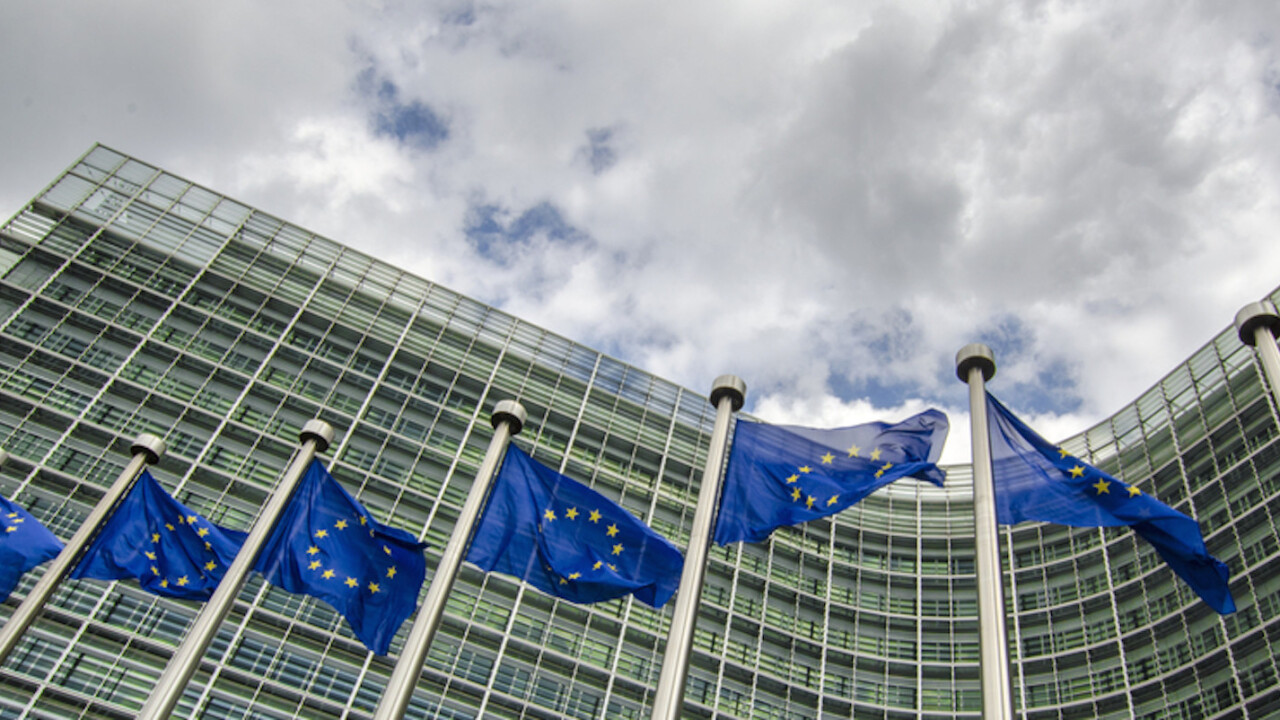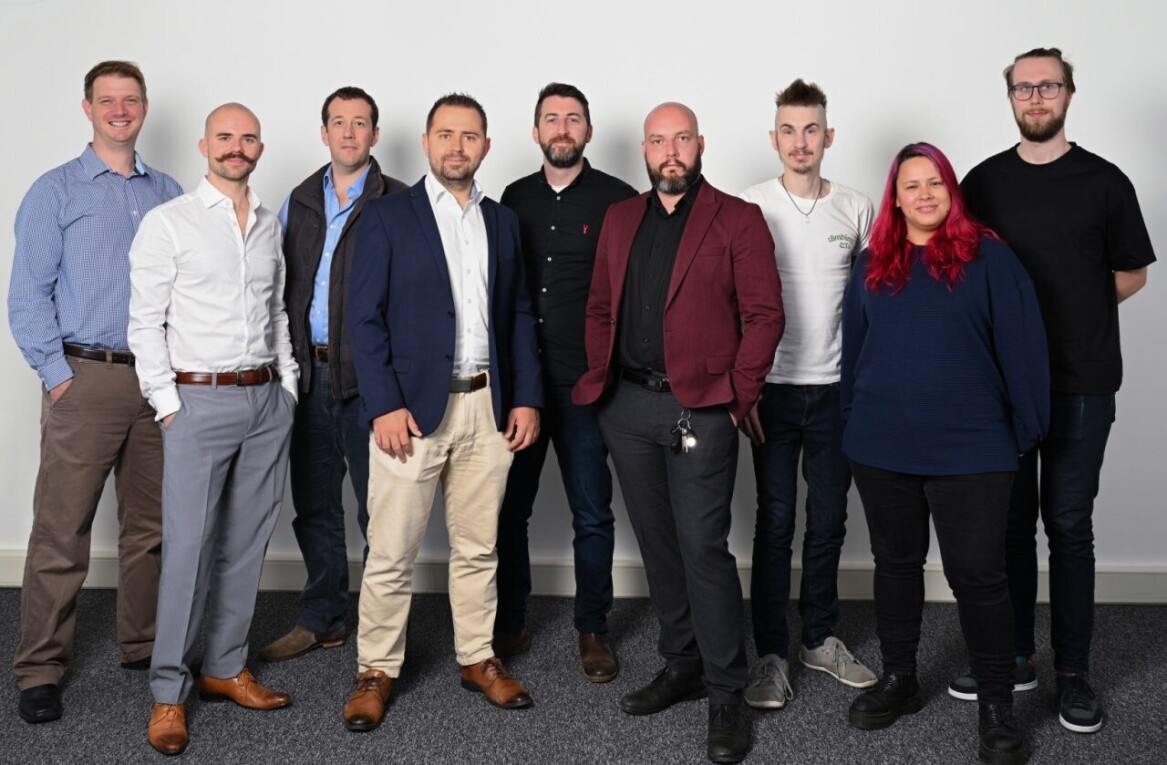
The US is home to the world’s leading tech companies, with Silicon Valley serving as an unchallenged startup hub. The confluence of a large pool of capital, world-class talent, vibrant support infrastructure and a risk-loving culture has bred a self-fulfilling cycle of innovation and entrepreneurship.
As Valley startups grow, they have immediate access to the world’s largest consumer market, connected by a single language and culture. This allows them to scale up fast and attain critical mass before needing to export their model to other countries.
What is stopping the same thing from happening in Europe? Isn’t Europe a big enough ocean for startups to thrive? Europe’s economy generated $17.3 trillion in 2013, slightly above US’ GDP ($16.8 trillion). It is the world’s second largest consumer market, home to more than 500 million people, and close to a third of the top 100 companies by market cap.
Tiny in comparison
When it comes to tech leaders however, Europe still pales in comparison. US tech giants own 79 percent market cap, vs. four percent for European tech players. The ocean is big, but the fish are still small…. And in a competitive ocean, small is not beautiful… it’s risky.
To build tech leaders from Europe, startups need to address Europe as a single market early on. Being a national champion in today’s “global village” is only proof of concept; true success is measured by a firm’s global footprint. Scaling across Europe, and its 20+ languages and cultures, comes with its own set of challenges, whether administrative, cultural, financial, or related to human resources.
In a way, comparing the US and Europe in that respect is like comparing a 100m sprint with a hurdle race. This however creates an opportunity for European companies to develop alternative management models to Silicon Valley companies who scale nationally first, and build a single-template corporate culture which they then export.
As European startups face a multi-cultural scale-up playing field early on, they can develop more “global” management styles that set them on the right track for global expansion.
Signs of growth
BlaBlaCar, which has become the world’s leading long-distance ride sharing community, with 20 million members across 19 countries, expanded across Europe early on. Our investors supported and encouraged our mission to address the latent demand for affordable and friendly mobility in all countries that benefit from a developed road network and high mobile connectivity.
Over the past three years, we expanded to 16 new countries, multiplied the size of our community by six to over 20 million members, and increased fivefold the size of our team to 300 people.
Our growth strategy is built on “acqui-hires” creating immediate local relevance. We acquired four home-grown teams, covering eight countries, with a proven understanding of local needs and challenges. We also built local teams where no previous players existed.
Today, 75 percent of our community growth comes from outside of France, our home market, which remains very strong. A year and a half ago, the figure was only 10 percent. This fast international expansion was driven by our acute belief that to be relevant, our service and brand needed to be global, whilst retaining the capacity to adapt to new cultures and needs.
BlaBlaCar unified its international teams under one common brand and set of values, whilst respecting their cultural specificities. We chose common values over a single culture, and articulated 10 actionable values that embody BlaBlaCar’s DNA. They are posted on our walls, distributed as stickers, explained during our recruitment process, and are part of everything we do.
Catching up
The European startup ecosystem is now supported by a strong network of incubators and local VC funds meaning firms can find the backing for their international growth without necessarily turning to the US. According to Dow Jones VentureSource, more than $6 billion were invested by VCs in Europe in 2014.
While this figure is still dwarfed by American VC funding levels, it represents almost $1 billion more than in 2013, which itself was a record-setting year. A very encouraging trend supported by the increasing number of EU startups that have reached the billion-dollar valuation milestone (so-called “unicorns”).
Research by boutique investment bank GP Bullhound found that Europe produced 30 technology companies worth more than $1bn since January 2000, compared to 39 US unicorns in the period from 2003 – 2013 (with average valuations of $3bn and $3.6bn respectively).
On average, three unicorns are born per year in Europe, vs. four in the US. Firms like Adyen (Netherlands), Skype (Denmark/Sweden/Estonia), Candy Crush Saga creator King (Sweden), Spotify (Sweden), Just Eat (UK), and Criteo (France) have proven that world tech leaders can grow from Europe.
The tide has turned, and the timing is right for European players pursuing an EU single market strategy from the start. Europe provides great breeding grounds for startups to strive globally, provided that they set their compass on the right indicators.
Think big when you’re still small, and aim for Europe as a single market. Because as Vinod Khosla put it, “if it doesn’t scale, it doesn’t matter”…
Read Next: EU early stage VC firm Speedinvest announces $65 million second fund
Image credits: Shutterstock, BlaBlaCar
Get the TNW newsletter
Get the most important tech news in your inbox each week.







